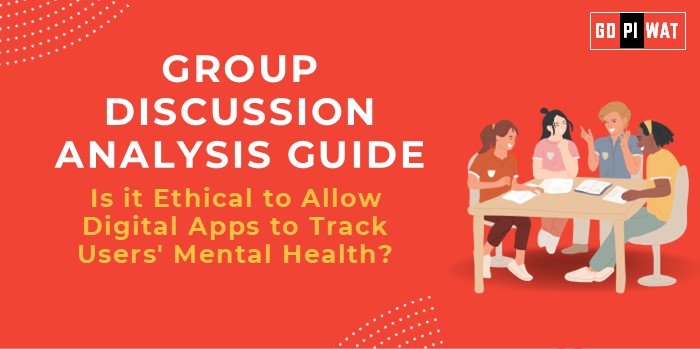📱 Is it Ethical to Allow Digital Apps to Track Users’ Mental Health?
🌟 Introduction
The rise of mental health awareness has driven the adoption of digital apps
aimed at monitoring and supporting mental well-being. While these tools
offer accessibility and innovative solutions, their tracking capabilities
have raised ethical concerns about privacy, consent, and potential misuse
of sensitive data.
📊 Quick Facts and Key Statistics
- 💰 Market Size: Valued at $4.2 billion globally in 2023, with a 15% CAGR.
- 🌍 Mental Health Impact: 1 in 8 people live with mental disorders (WHO, 2023).
- ⚠️ Data Breaches: 81% of health apps share user data with third parties (Mozilla Report, 2023).
- 📱 Global Usage: Over 500 million downloads projected by 2024.
👥 Stakeholders and Their Roles
- 🏛️ Governments: Regulate apps and ensure privacy standards are met.
- 💻 Tech Companies: Build secure and ethical apps with transparent policies.
- 🙋 Users: Understand and consent to data-sharing practices.
- 🌐 Advocacy Groups: Promote accountability and raise awareness of risks.
🏆 Achievements
- 🌐 Increased Accessibility: Providing remote mental health support worldwide.
- 📊 Personalized Insights: Offering tailored mental health tracking and advice.
- ⏰ Early Intervention: AI algorithms detect warning signs of crises.
⚠️ Challenges
- 🔒 Privacy Concerns: Risk of sensitive data being leaked or misused.
- 🛠️ Regulatory Gaps: Lack of consistent global standards for mental health apps.
- 🤖 AI Bias: Inaccuracies due to diverse user behaviors and limited datasets.
🌍 Global Comparisons
Success Stories: The UK’s NHS-approved apps adhere to strict privacy protocols.
Challenges: The U.S. faced scrutiny over data misuse, such as the Cerebral app controversy.
💬 Structured Arguments
- 👍 Supporting Stance: “Mental health apps enable timely interventions, potentially saving lives.”
- 👎 Opposing Stance: “The invasive nature of these apps poses serious risks to user privacy.”
- ⚖️ Balanced Perspective: “These apps require robust regulations to balance benefits and ethical concerns.”
🔍 Strategic SWOT Analysis
- Strengths: Increased accessibility, improved mental health outcomes.
- Weaknesses: Privacy risks, lack of global regulatory frameworks.
- Opportunities: Use AI for personalized care, expand to underserved regions.
- Threats: Data misuse, erosion of user trust.
📚 Connecting with B-School Applications
- 🌟 Real-World Applications: Analyze mental health data trends in healthcare management projects.
- ❓ Sample Interview Questions: “How can tech companies balance innovation and user privacy?”
- 📈 Insights: Explore ethical tech advancements and scalable mental health solutions.


